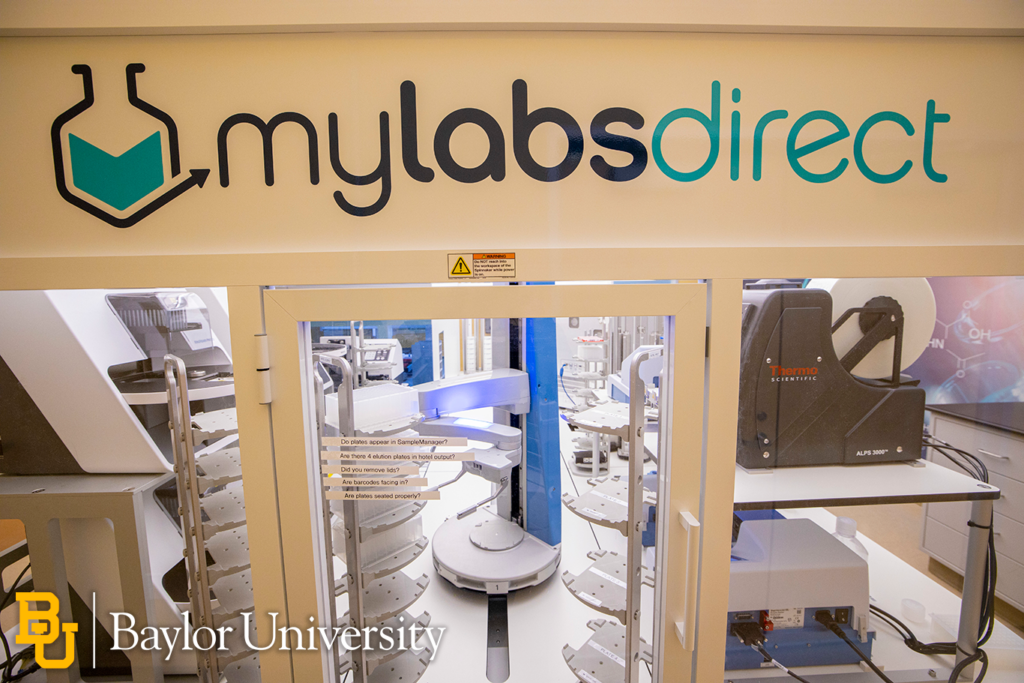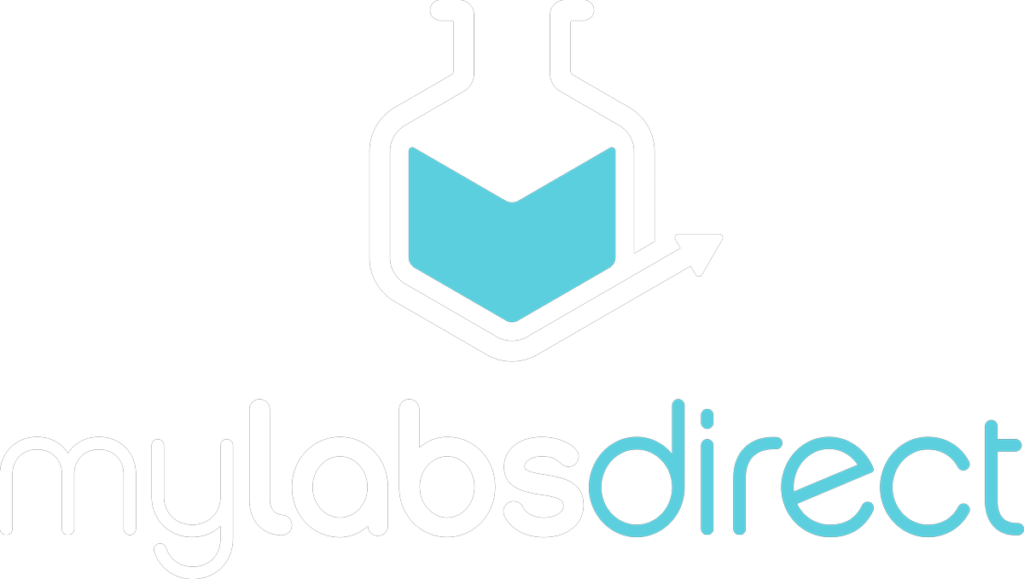Baylor: Testing lab started for COVID-19 could have far-reaching benefits

Baylor University expects its massive COVID-19 testing program to leave a legacy that far outlasts the pandemic itself.
Baylor this week opened a multimillion-dollar testing lab in partnership with a private company at the Baylor Research and Innovation Collaborative, 100 Research Parkway.
The high-tech lab is processing more than 2,700 molecular polymerase chain reaction tests a day from Baylor students and staff, who are required to be tested weekly for COVID-19.
My Labs Direct, Baylor’s private testing partner, is set up to provide test results in 24 hours and may ultimately offer same-day results, company officials said. In a four-hour process, the lab isolates RNA from the coronavirus and amplifies that genetic material until it is abundant enough to identify.
The quick turnaround should help pinpoint outbreaks quickly, Baylor officials said.
The new lab has the potential to do a wide range of testing such as rapid flu tests and genetic fingerprinting.
Matthew Minard, Baylor University, provided
“If we can do that successfully, we can create a bubble within the university to get onto cases a lot faster so we don’t have clusters in residence halls,” said Peter Granick, Baylor’s associate vice president for business services and chief procurement officer. “Hopefully then we’ll have a lot less students quarantined and less students in isolation.”
Beyond Baylor, the laboratory has capacity to do mass COVID-19 testing in the region, to the tune of about 8,000 more per day, as well as antibody testing to follow up on people who have been vaccinated.
In the future, the lab also has the potential to do a wide range of testing such as rapid flu tests, genetic fingerprinting, paternity testing, food safety testing and livestock testing, My Labs Direct CEO Justin Simons said.
“I think there’s infinite opportunity here,” Simons said. “With the capacity we have, above and beyond the ability to test everyone on campus with this platform, we can utilize that excess capacity in support of local business in McLennan County and surrounding areas.”
Simons’ company already has a Dallas laboratory, but the Waco location puts it within a short drive of other major Texas cities, he said.
Some of the potential is still emerging, Simons said. For example, the company is working with Baylor scientists on research that monitors blood proteins to identify brain disease, head trauma and post-traumatic stress. The ability to track those indicators would benefit sports teams and military and veterans programs, he said.
Project officials also aspire to offer “next-generation sequencing” that can analyze the entire genome of an organism in a day’s time, providing a wealth of data about a pathogen, a person or a population.
Granick got to know Simons last summer and pitched the idea of a permanent laboratory at Baylor that would live on after the pandemic was over. He did not immediately win Simons over to the idea, but he persisted, sharing a vision of a research hub.
“Aside from the COVID testing, if we found equipment that could fit the bill for COVID-19 testing but also was an investment for the longer term, we could begin to use that as a foundation for a life science portfolio and give us a leg up toward our objectives,” Granick said.
Those objectives include advancing Baylor University’s long-term effort to redefine itself as a top American research university.
Related to that objective is advancing the BRIC, which was founded in 2009 with the idea of turning the abandoned General Tire plant into a high-tech business incubator that would help find commercial applications for Baylor research.
Developing a laboratory capable of doing large-scale genetic testing is a stride in that direction, Granick said.
“We can build and incubate businesses off of this,” he said.
The laboratory now takes up about 4,000 square feet of the BRIC facility, with plenty of room to scale up.
Already Baylor officials are calling it one of the largest testing labs of its kind owned by a university that is unaffiliated with a medical school. They expect the lab to process 150,000 diagnostic tests for Baylor by May. My Labs Direct also contracts with the university to sample wastewater from dorms to trace potential outbreaks.
Baylor started classes this week after requiring a negative test from every student and staff member, followed by a weekly testing regimen it will enforce by taking away wireless internet service or even suspending students who repeatedly fail to get tested.
The testing regimen is among the strictest and most ambitious in Texas, according to media reports.
So far, Baylor has not seen anything comparable to the spike in cases it saw when it reopened campus this fall.
By Friday, the university’s online COVID-19 tracker showed 261 active cases, down from 312 on Jan. 15. The university has a spring enrollment of 13,250 students, with about 1,200 students completely online.

